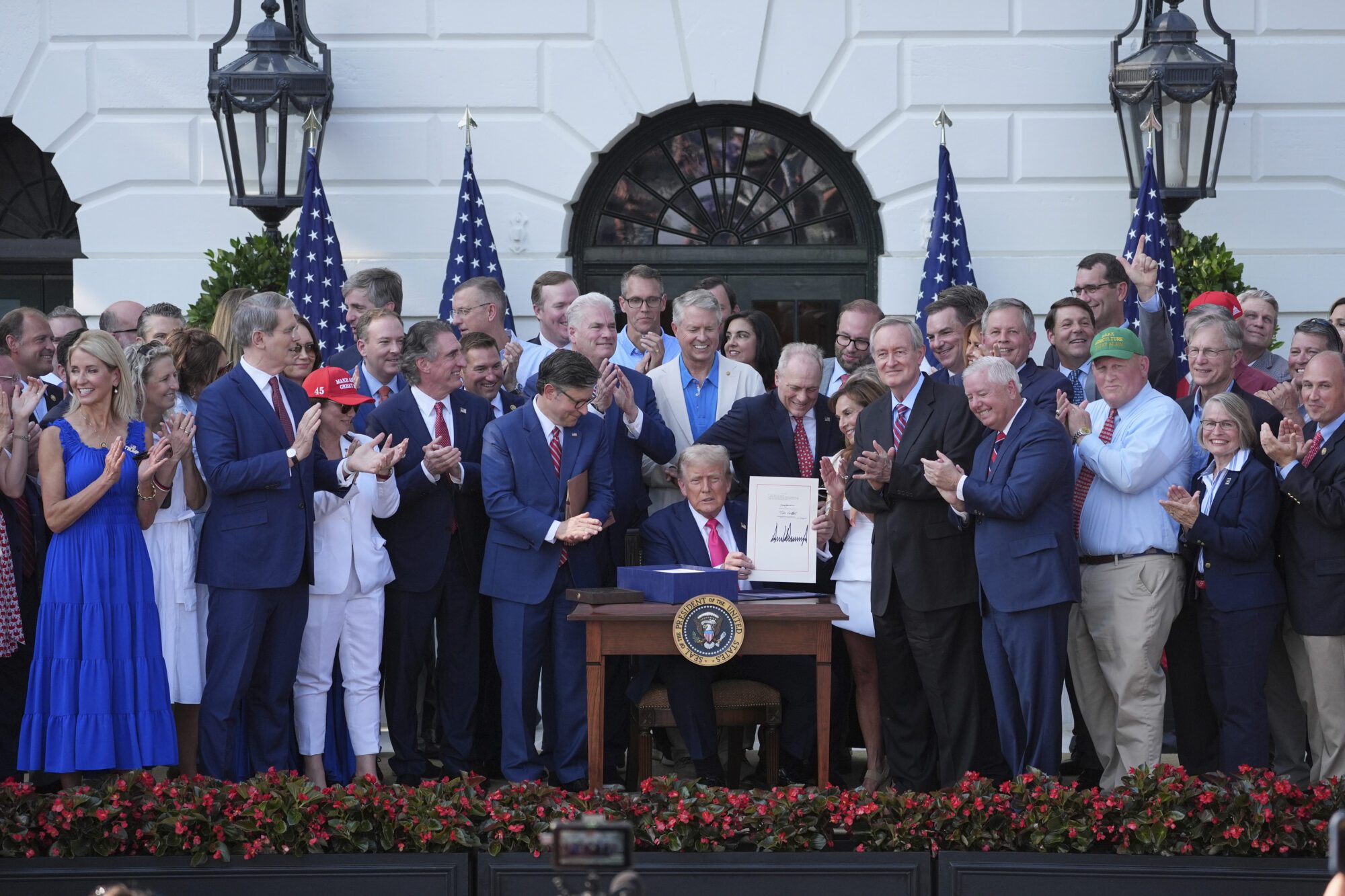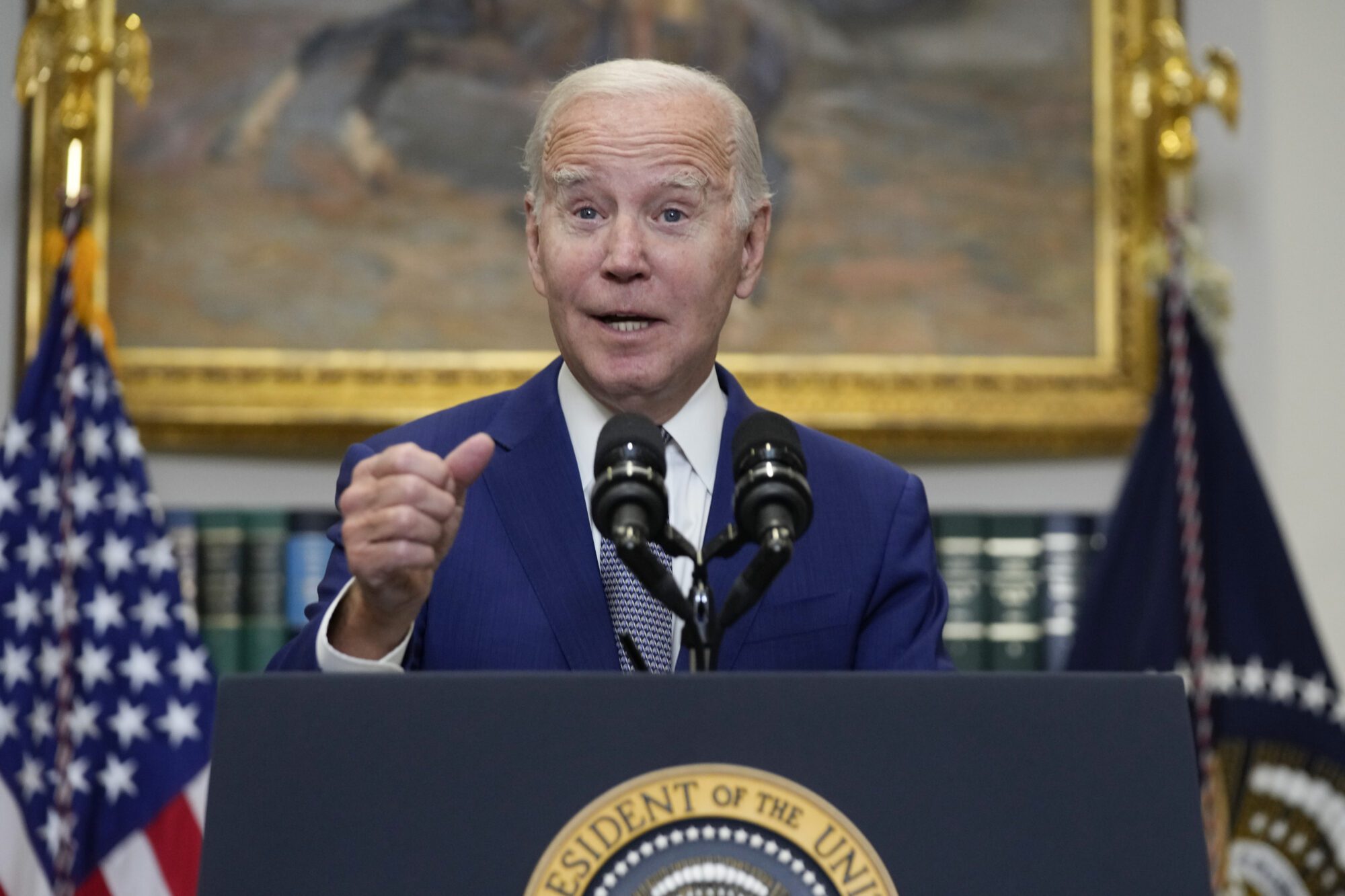Wicker Champions National Security Priorities in Defense Bill
For the past 52 years, Congress has passed a National Defense Authorization Act (NDAA) outlining the country’s military priorities for the next fiscal year. Funding for our troops and the equipment they need is essential to ensuring they can fulfill their missions at home and abroad. This year’s legislation authorizes $625.1 billion for national defense.
Meeting Diverse Defense Needs
As a member of the Senate Armed Services Committee, I was successful in including several provisions in NDAA to strengthen America’s national security and defense. One seeks to make sure the Navy has a robust and ready fleet by requiring the Commandant of the Marine Corps to report to Congress on the number of ships the Corps needs. Other provisions support the continued use of light utility helicopters and unmanned aerial vehicle aircrafts.
Given today’s budget challenges, it is important to nurture cost-effective, cutting-edge solutions for equipping U.S. soldiers with the best resources available. Mississippians play a major role in meeting America’s defense needs, with military communities and bases across the state working to prepare troops for diverse challenges. Earlier this year, I had the opportunity to participate in a summit hosted by Mississippi Military Communities Council on how to protect our state from potential Base Realignments and Closures (BRAC). At my request, NDAA prohibits the implementation of a BRAC for one year.
Policies concerning equipment and bases, however, are only part of NDAA’s scope. A provision I offered with Sen. Joe Donnelly (D-Ind.) would also support our service members’ health and well-being. Specifically, the provision directs a pilot program to screen for mental health problems and then facilitate much-needed access to behavioral health specialists. Given the rates of suicide and mental health issues among our returning heroes, it is critical that our men and women in uniform get the care they need.
Protecting U.S. Interests
Real and dangerous threats remind us that “Eternal vigilance is the price of liberty.” Last month, news reports revealed Russia’s plans to put satellite ground monitoring stations on U.S. soil, prompting legitimate concerns that they could be used for gathering intelligence. The Obama Administration’s efforts to negotiate with Russia fail to recognize the potentially damaging access that the Kremlin could have. To ensure our national security is not put at risk, I authored an amendment to NDAA requiring the Secretary of Defense and Director of National Intelligence to certify that any U.S.-based GPS stations are not capable of collecting intelligence or improving foreign weapons systems.
Securing America’s Defense Future
Like many of my colleagues, I had hoped NDAA would have been passed months ago, following the Armed Services Committee’s approval in June. With more time for debate and an open amendment process, Senate Republicans who are not members of the Armed Services Committee could have offered additional improvements. Instead, legislative tactics by Senate Majority Leader Harry Reid (D-Nev.) hindered what is typically a big bipartisan win.
Our country’s major defense policy should be a crowning achievement – not a vehicle for more gridlock. Passage of the 2014 NDAA continues a tradition that has endured for more than half a century. Its success each year is critical to the safety and security of all Americans.
Permalink: http://www.wicker.senate.gov/public/index.cfm/2013/12/wicker-champions-national-security-priorities-in-defense-bill






